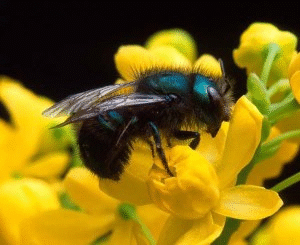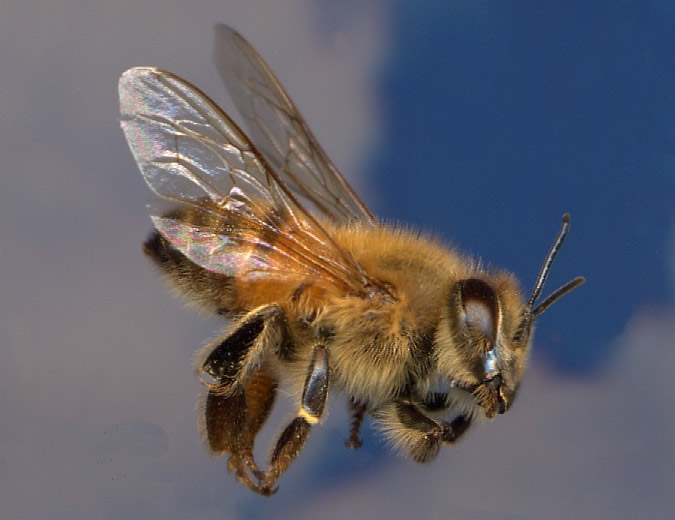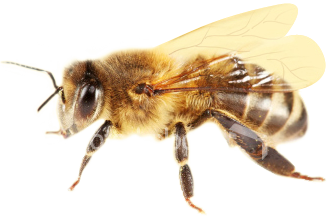
Bee Removal Of Houston
Professional Beekeeper Service "We Save The Bees"
Bee Species
Although non-Texas honeybees tend to get the most attention, there are actually several hundred bee species that are native to Texas. Species that were here long before the honeybee and that are important to the state’s Ecosystem.
Bumblebees are among the most popular of Texas Bee Species. Their black and yellow bodies are easy to recognize as they buzz from flower to flower. Like honeybees, bumblebees are social insects that live in colonies comprised of a queen and her daughter workers that will protect their nest if disturbed. Bumblebee colonies are much smaller in size though, containing only 100-200 workers compared to the 15,000 or more workers in a honeybee colony.

"Different Bee Species Native of Texas"
Social bees are very much the exception when it comes to the Texas bee. Most native bees in the state are solitary with individual females establishing and provisioning nest sites all on their own. Unlike honeybees and bumblebees, solitary bees do not defend their nests. Solitary bees tend to be small and less frequently observed than their larger, social cousins. Although less well-known, solitary bees such as leaf-cutter bees, mason bees, mining bees, squash bees, and sunflower bees are responsible for a significant amount of pollination in agricultural and our Ecosystem.

"African Honey Bee"
